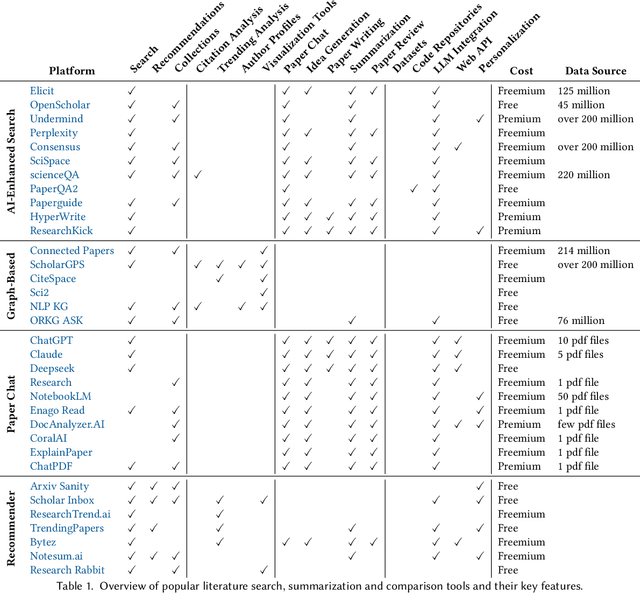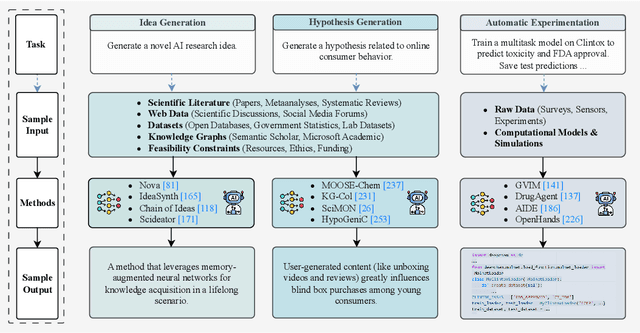Christian Greisinger
DeepSeek vs. o3-mini: How Well can Reasoning LLMs Evaluate MT and Summarization?
Apr 10, 2025Abstract:Reasoning-enabled large language models (LLMs) have recently demonstrated impressive performance in complex logical and mathematical tasks, yet their effectiveness in evaluating natural language generation remains unexplored. This study systematically compares reasoning-based LLMs (DeepSeek-R1 and OpenAI o3) with their non-reasoning counterparts across machine translation (MT) and text summarization (TS) evaluation tasks. We evaluate eight models across three architectural categories, including state-of-the-art reasoning models, their distilled variants (ranging from 8B to 70B parameters), and equivalent conventional, non-reasoning LLMs. Our experiments on WMT23 and SummEval benchmarks reveal that the benefits of reasoning capabilities are highly model and task-dependent: while OpenAI o3-mini models show consistent performance improvements with increased reasoning intensity, DeepSeek-R1 underperforms compared to its non-reasoning variant, with exception to certain aspects of TS evaluation. Correlation analysis demonstrates that increased reasoning token usage positively correlates with evaluation quality in o3-mini models. Furthermore, our results show that distillation of reasoning capabilities maintains reasonable performance in medium-sized models (32B) but degrades substantially in smaller variants (8B). This work provides the first comprehensive assessment of reasoning LLMs for NLG evaluation and offers insights into their practical use.
Transforming Science with Large Language Models: A Survey on AI-assisted Scientific Discovery, Experimentation, Content Generation, and Evaluation
Feb 07, 2025



Abstract:With the advent of large multimodal language models, science is now at a threshold of an AI-based technological transformation. Recently, a plethora of new AI models and tools has been proposed, promising to empower researchers and academics worldwide to conduct their research more effectively and efficiently. This includes all aspects of the research cycle, especially (1) searching for relevant literature; (2) generating research ideas and conducting experimentation; generating (3) text-based and (4) multimodal content (e.g., scientific figures and diagrams); and (5) AI-based automatic peer review. In this survey, we provide an in-depth overview over these exciting recent developments, which promise to fundamentally alter the scientific research process for good. Our survey covers the five aspects outlined above, indicating relevant datasets, methods and results (including evaluation) as well as limitations and scope for future research. Ethical concerns regarding shortcomings of these tools and potential for misuse (fake science, plagiarism, harms to research integrity) take a particularly prominent place in our discussion. We hope that our survey will not only become a reference guide for newcomers to the field but also a catalyst for new AI-based initiatives in the area of "AI4Science".
 Add to Chrome
Add to Chrome Add to Firefox
Add to Firefox Add to Edge
Add to Edge